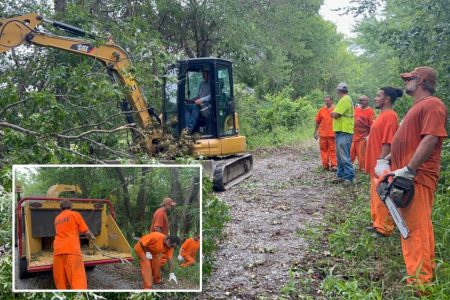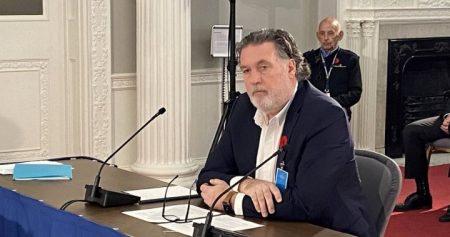The pervasive claim that LGBTQ+ youth require access to pornography as a form of sexual exploration is a deeply flawed and harmful argument used to obstruct efforts to protect children from the detrimental effects of explicit content. This assertion ignores the inherent dangers of pornography, particularly for vulnerable populations like LGBTQ+ individuals. Pornography often depicts LGBTQ+ sex as aggressive, violent, and degrading, perpetuating harmful stereotypes and contributing to a culture of shame and homophobia. The argument for unrestricted access thus becomes a smokescreen, shielding the porn industry from accountability and hindering efforts to create a safer online environment for all children.
Personal experience within the pornography industry provides stark evidence of the damage it inflicts, particularly on LGBTQ+ individuals. Early exposure to pornography can distort a young person’s understanding of healthy sexual relationships, normalizing abusive and exploitative behavior. This normalization can have devastating long-term consequences, increasing the likelihood of experiencing or perpetuating sexual violence. The industry often preys on vulnerable individuals, exploiting their financial desperation and emotional fragility to coerce them into performing acts that violate their boundaries. The façade of enjoyment presented on screen masks the underlying trauma and psychological distress, perpetuating a cycle of abuse.
The normalization of harmful behaviors through pornography exacerbates the vulnerabilities of LGBTQ+ youth, who are already at a higher risk of experiencing sexual violence. Pornography’s prevalence and accessibility, coupled with its often distorted portrayals of LGBTQ+ relationships, can reinforce harmful stereotypes and create a climate where abuse is normalized. This normalization can make it more difficult for victims to recognize and report abuse, compounding the trauma and perpetuating the cycle of violence. The argument for unrestricted access to pornography, therefore, becomes a form of enabling, contributing to the very harms it purports to address.
Ironically, the pornography industry, while profiting immensely from the exploitation and degradation of individuals, often positions itself as an advocate for LGBTQ+ rights. This deceptive tactic allows the industry to frame any attempt to regulate its content as an attack on the LGBTQ+ community, effectively silencing critics and obstructing meaningful efforts to protect children. The industry’s use of homophobic and transphobic slurs within its content, while simultaneously claiming to be a champion of LGBTQ+ rights, underscores the hypocrisy of its position.
Legislation like the Kids Online Safety Act (KOSA) aims to create a safer online environment for children by requiring digital platforms to implement measures protecting them from harmful content, including pornography. While the porn industry has attempted to portray KOSA as anti-LGBTQ+, the bill’s purpose is to protect all children, regardless of their sexual orientation or gender identity. KOSA recognizes the unique vulnerabilities of LGBTQ+ youth online, including the increased risk of sexual exploitation, cyberbullying, and online harassment, and aims to create a safer digital space where all children can thrive.
Ultimately, protecting children from the harmful effects of pornography is not about restricting access to information or denying LGBTQ+ youth the opportunity to explore their sexuality in a healthy and age-appropriate manner. It is about safeguarding their well-being, preventing the normalization of abuse, and fostering a culture of respect and understanding. By creating a safer online environment, we can empower all children, including LGBTQ+ youth, to develop healthy relationships, embrace their identities, and reach their full potential. The misleading argument for unrestricted access to pornography serves only to protect the interests of the industry, while jeopardizing the safety and well-being of vulnerable children.










